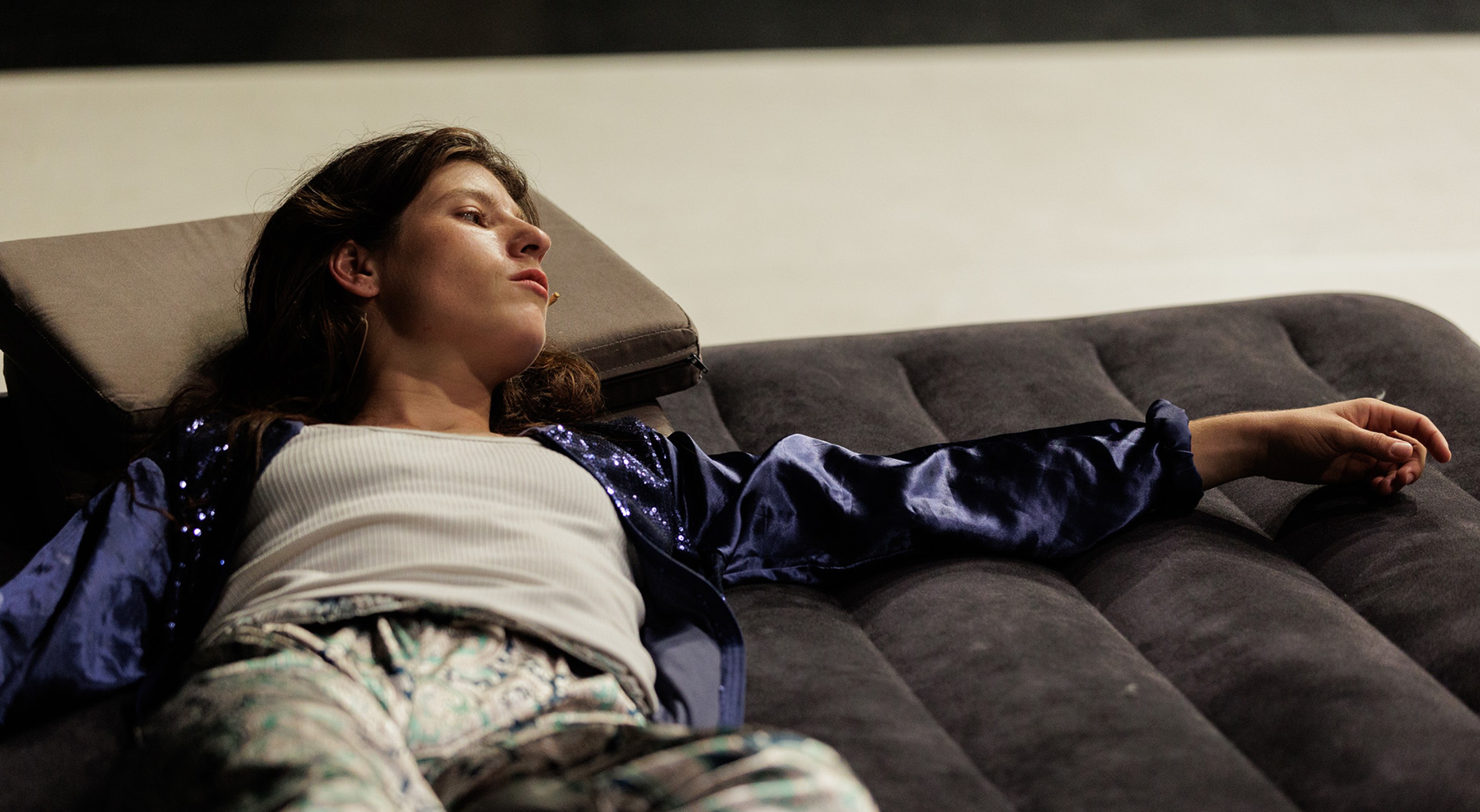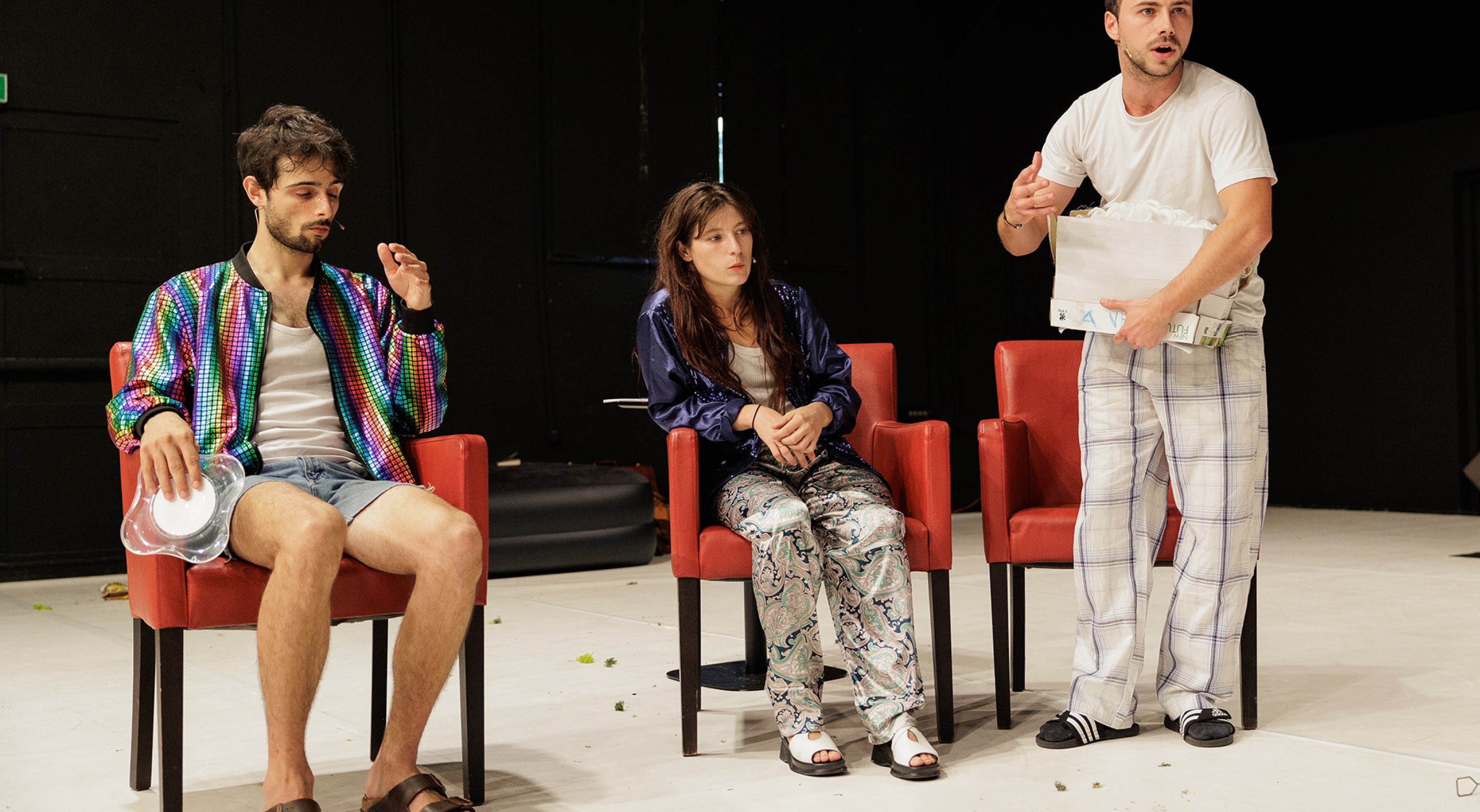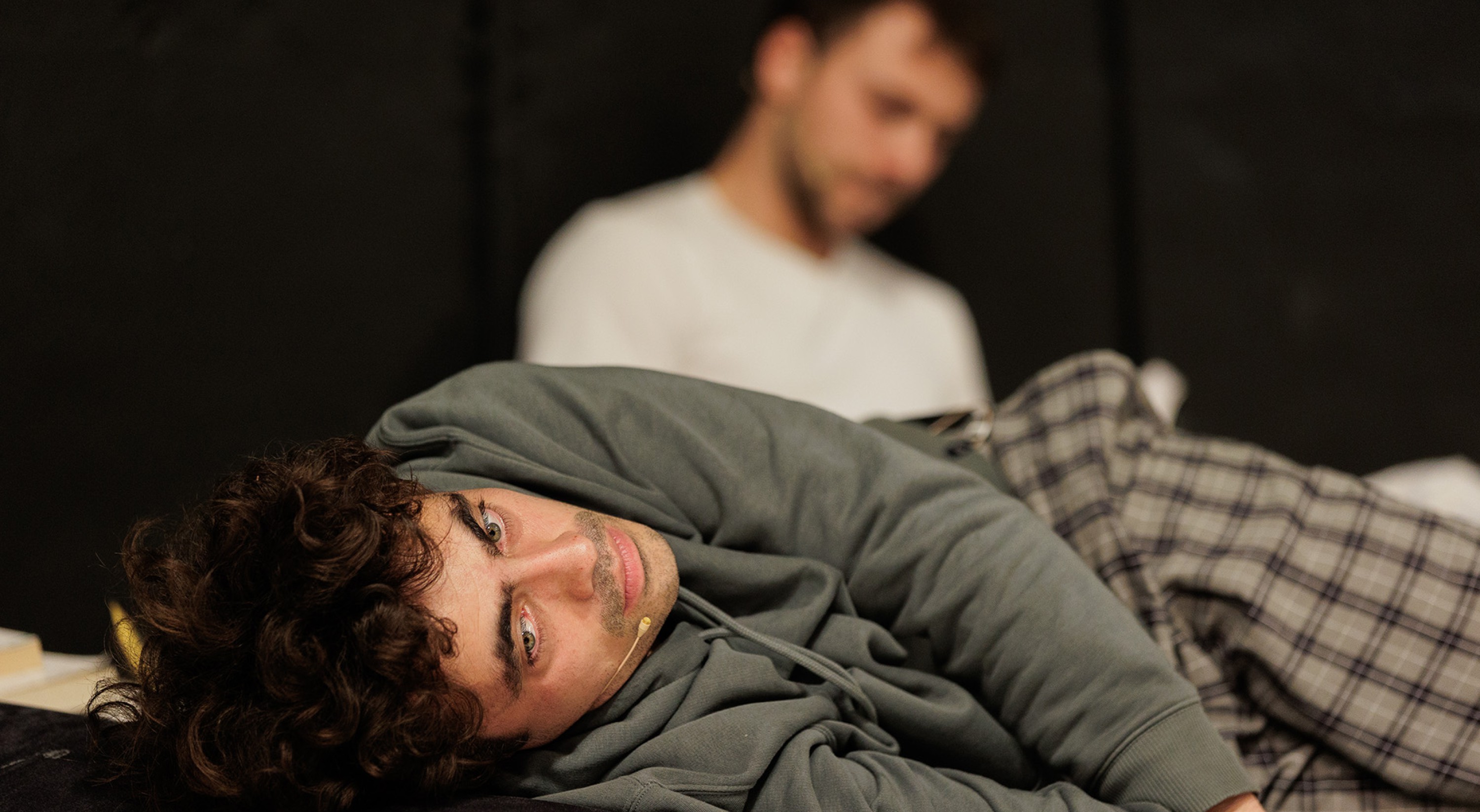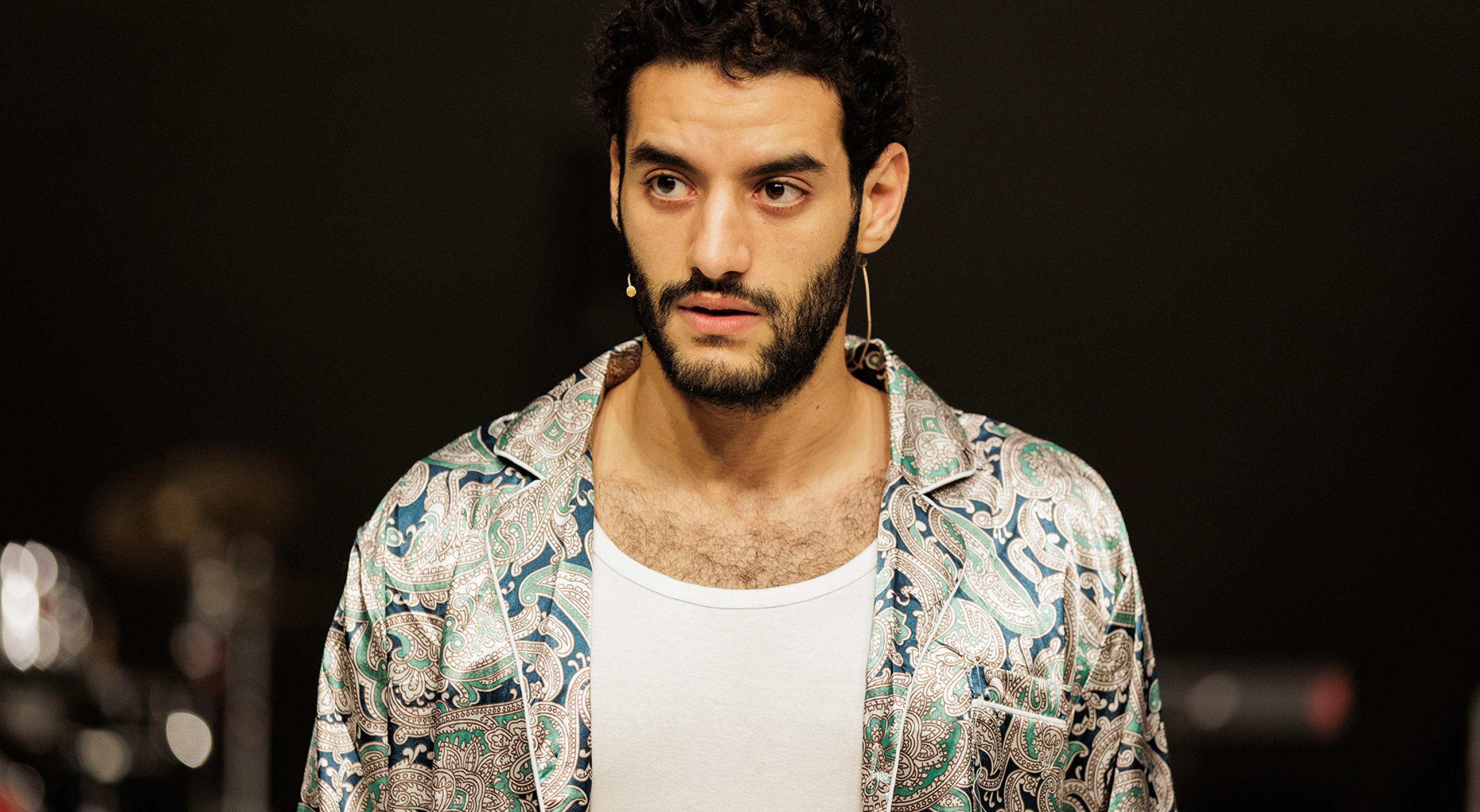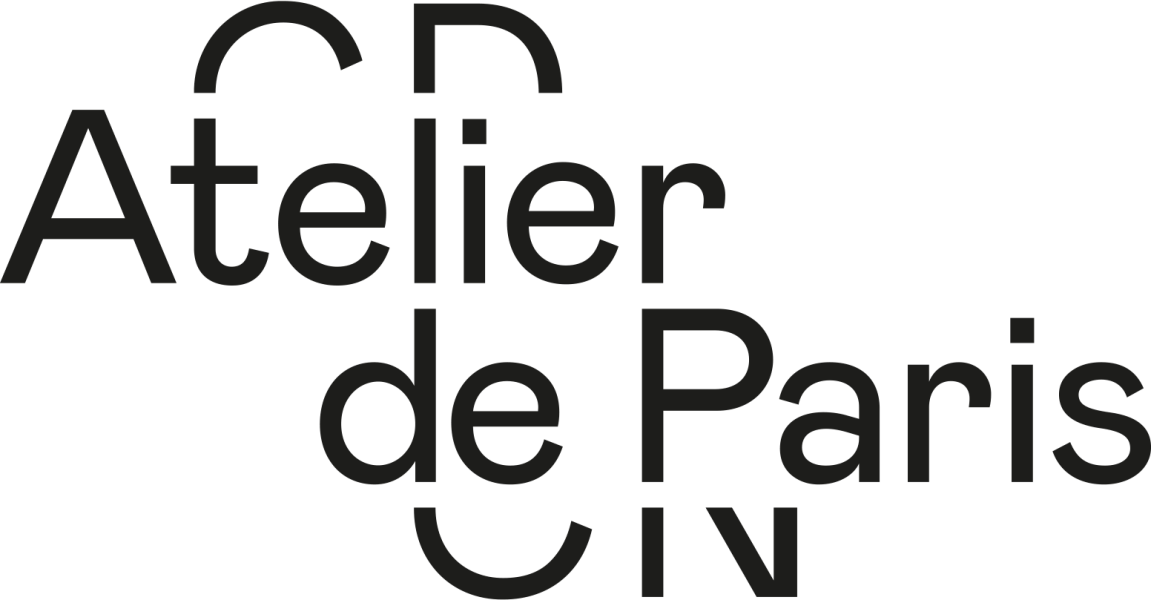Talents Adami Théâtre Lucia Calamaro
Le Bruit de l’autre
octoberoct 3 – 7
Text and direction, Lucia Calamaro
Performers and collaborators, Thomas Bellein, Célia Bouy, Maxime Boutéraon, Adèle Journeaux, Zakaria Kadoussi, Madalina, Savannah Rol, Thomas Sagot
Assistant director, Elisa Alessandro
Coproduced by Adami; Festival d'Automne à Paris
In collaboration with l'Atelier de Paris / CDCN
Adami and the Festival d'Automne à Paris are co-producers of this performance and present it in collaboration with the Atelier de Paris / CDCN.
With the support of the Institut Culturel Italien de Paris.
Thanks to the Talents Adami Théâtre scheme, hosted for the eleventh year at the Atelier de Paris, and at the invitation of the Festival d’Automne, Lucia Calamaro has selected eight young performers in this first part of a personal research project entitled La trilogie des Humeurs affectives. Le Bruit de l’autre reflects upon how links come into being, are maintained and fray. Or, put differently, what makes them blossom, last, destroy themselves and be reborn.
The affective state – affetto in Italian – constantly implies a double constraint: an interior/exterior which carts with it a whole array of seldom acknowledged needs, dislikes, despairs, actions, inertias, joys and fears but which are triggered as soon as the Other intervenes in our perimeter. This state is the territory which is created, or not, between Me and the Other, in which we can ask someone how they are, with the question: "Ça va?". Over the course of a lifetime, the human being stubbornly sets off in search of these Others who might stir up feelings in them. For the artist Lucia Calamaro, these never-ending attempts to love lots and lots, or simply to love at all, pamper, cherish, search and find – or not – someone to love, are profoundly moving. In her opinion, "this quest is something which reassures me". Perhaps it bears witness to the fact that human beings, however closed in upon themselves they might be, can still not do without the Other. For the time being at least.
In the same place
